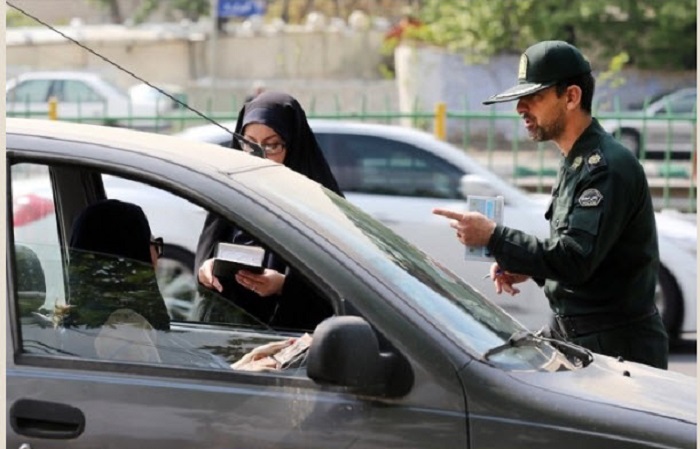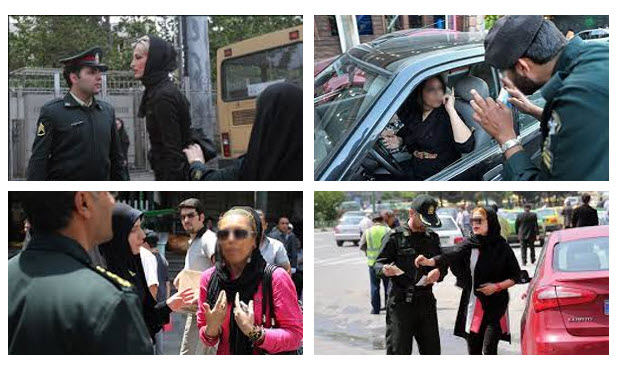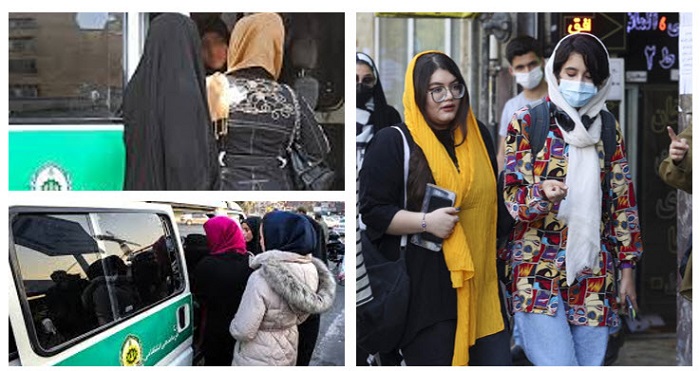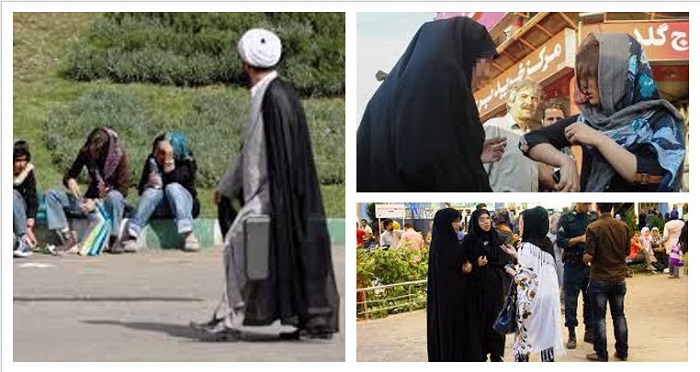

Despite facing significant challenges and repression, Iranian women have continued their struggle for gender equality and human rights in Iran.
The regime implemented a series of laws and policies that severely restricted women’s rights and freedoms, including mandatory hijab, gender segregation, and limitations on women’s participation in the workforce and politics.

However, Iranian women have refused to accept these restrictions and have been using their voices to demand change. Women’s ongoing resistance and protests, especially those who were the vanguards and leaders of recent demonstrations, have caused great concern for the regime.
The regime’s four ministries – Interior, Education, Science, and Health – have also issued official statements, making threats and outlining consequences such as punishment, fines, and shop closures for those who do not comply with and violate the compulsory Hijab laws.

The Culture Committee in the regime’s parliament has had 300 meetings with National Security Council officials over the past few months to discuss the new “chastity and hijab plan.” If implemented, this plan could result in fines of up to the equivalent of 60,000 euros, almost three times higher than the so-called “blood money.”
The planned catalog of penalties also includes the cancellation of a driver’s license and passport. The monitoring, documentation, and penalties are to be carried out by an automated monitoring system and the use of artificial intelligence.

Despite the severe risks they face, Iranian women have refused to be silenced, and their fight for a free country continues. However, the regime’s recent statements and actions highlight their lack of capacity for change, particularly regarding women’s rights.
Khamenei’s statement on mandatory hijab suggests that the regime seeks revenge against women to prevent further demonstrations. Despite the challenges they face, Iranian women have demonstrated their courage, resilience, and determination. Their fight for equality and human rights continues to inspire people around the world.
 MEK Iran (follow us on Twitter and Facebook), Maryam Rajavi’s on her site, Twitter & Facebook, NCRI (Twitter & Facebook), and People’s Mojahedin Organization of Iran – MEK IRAN – YouTu
MEK Iran (follow us on Twitter and Facebook), Maryam Rajavi’s on her site, Twitter & Facebook, NCRI (Twitter & Facebook), and People’s Mojahedin Organization of Iran – MEK IRAN – YouTu







